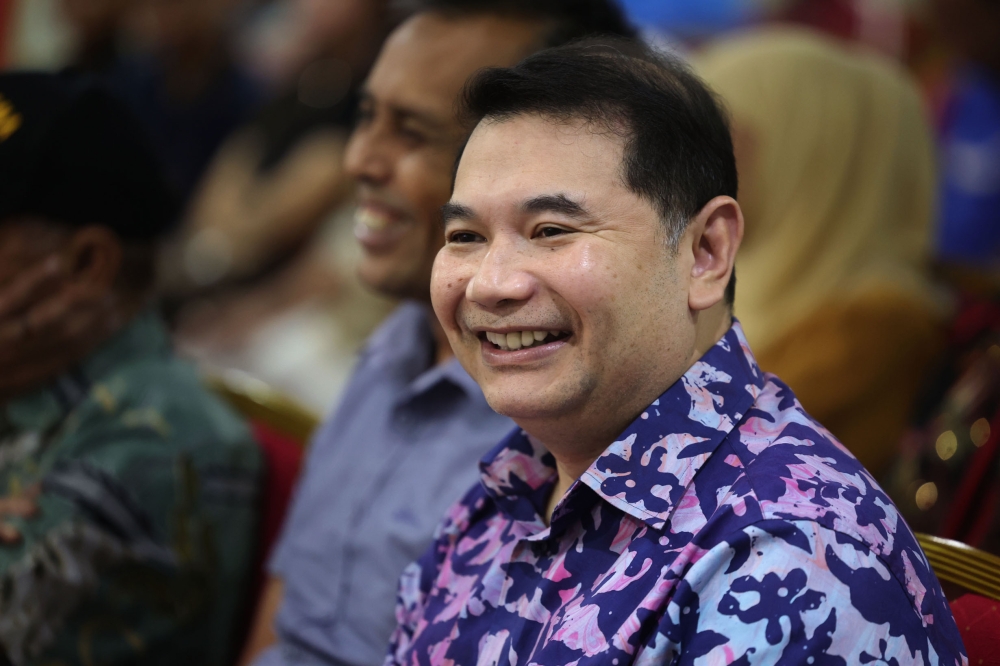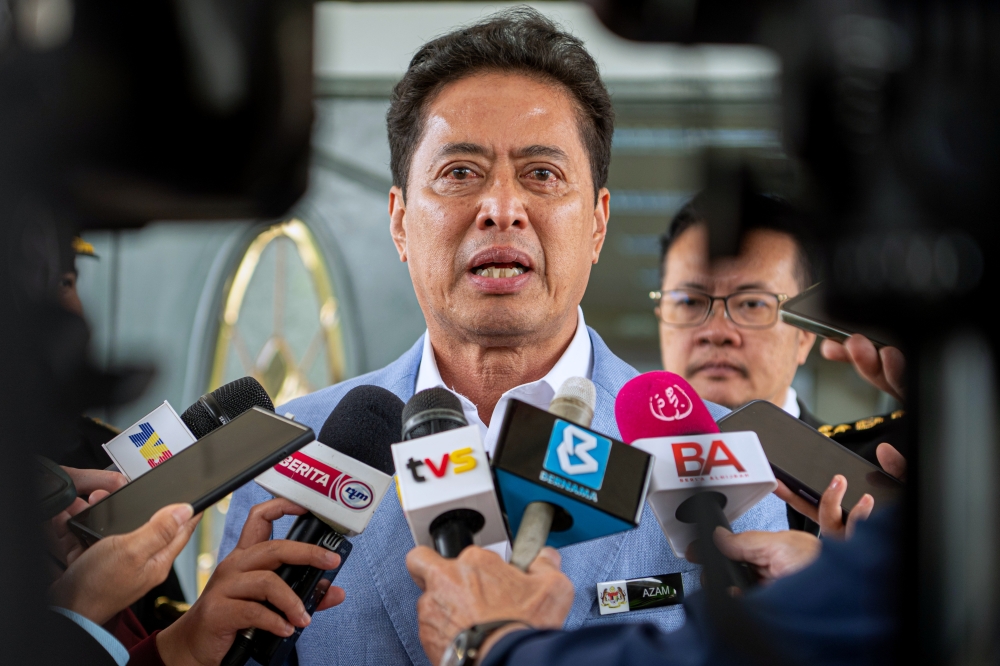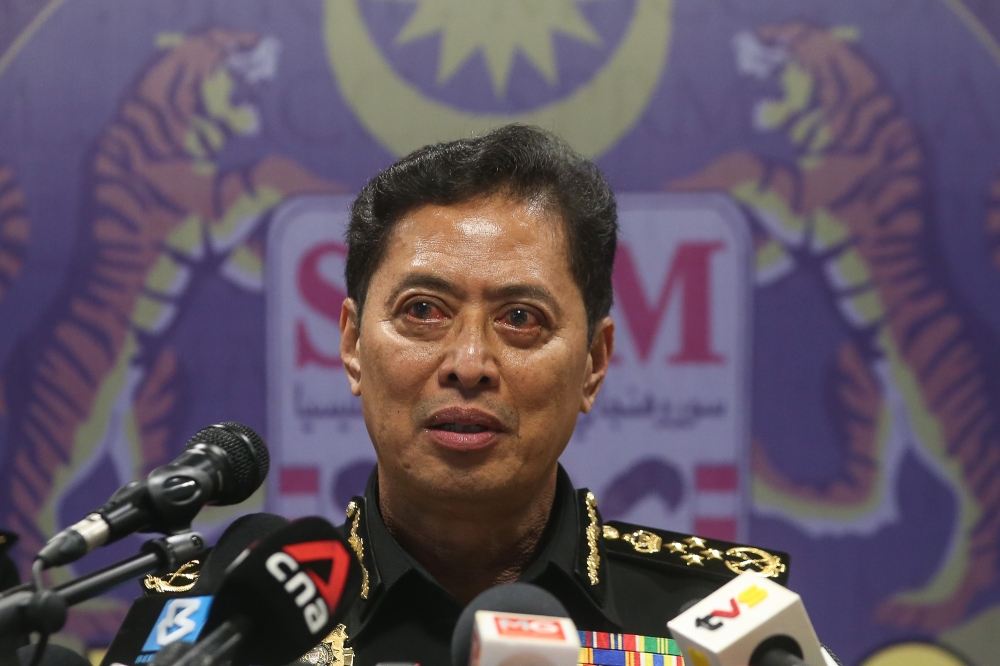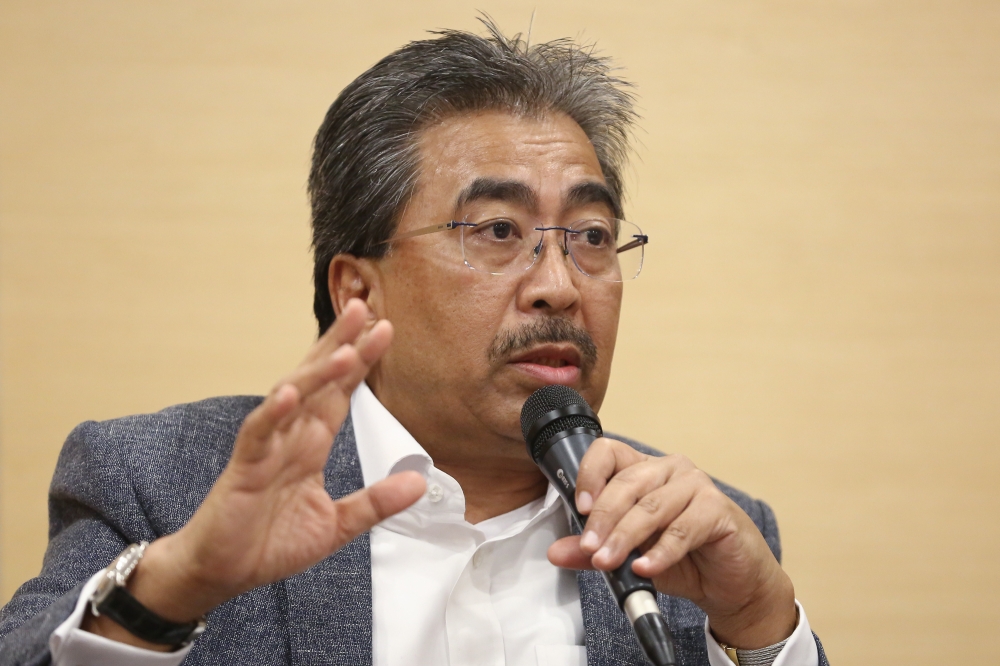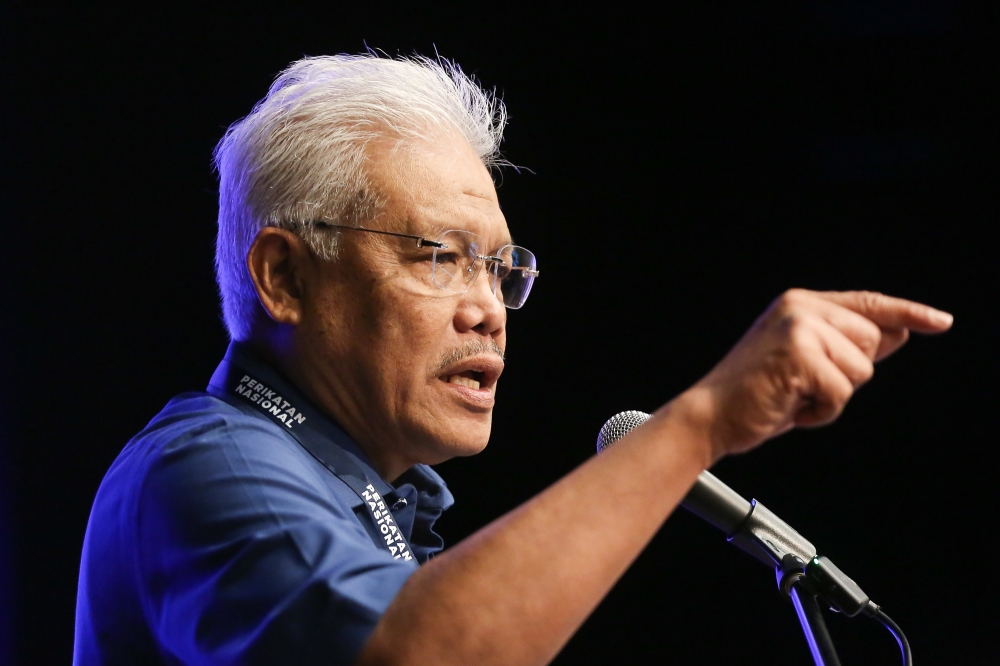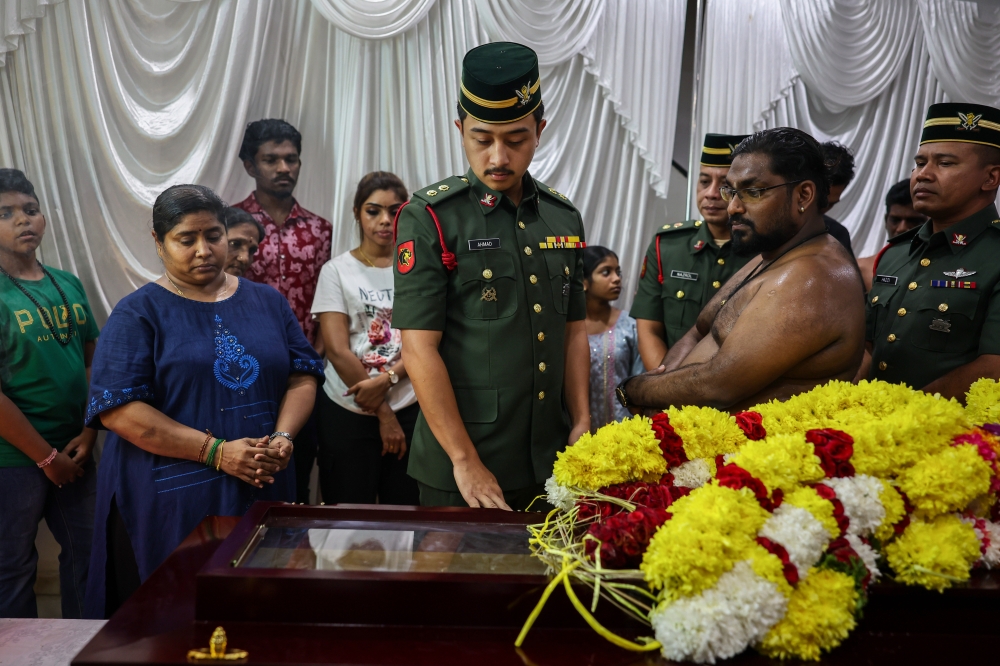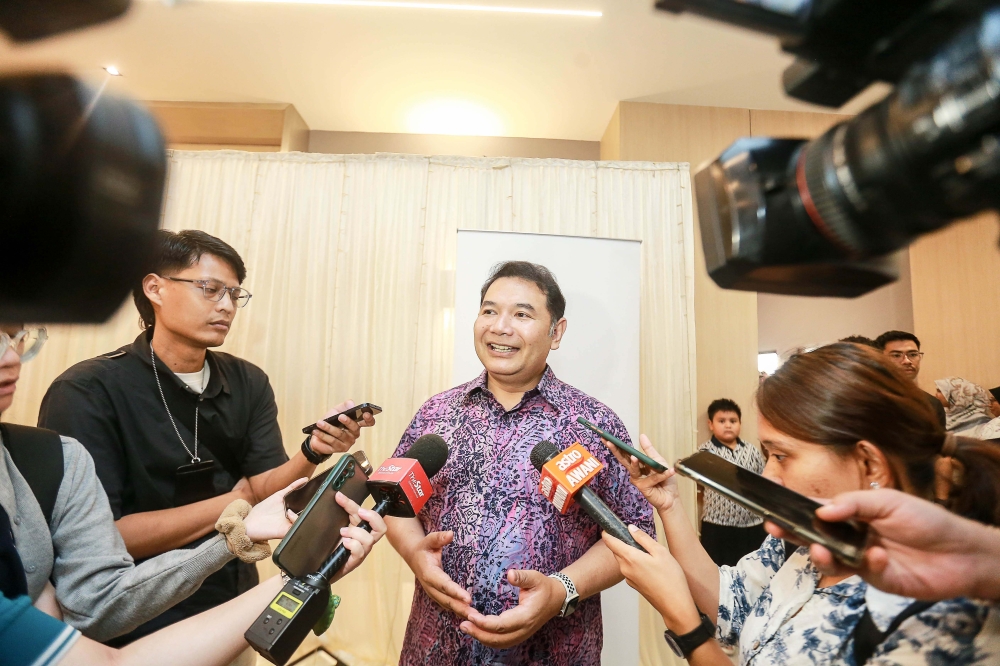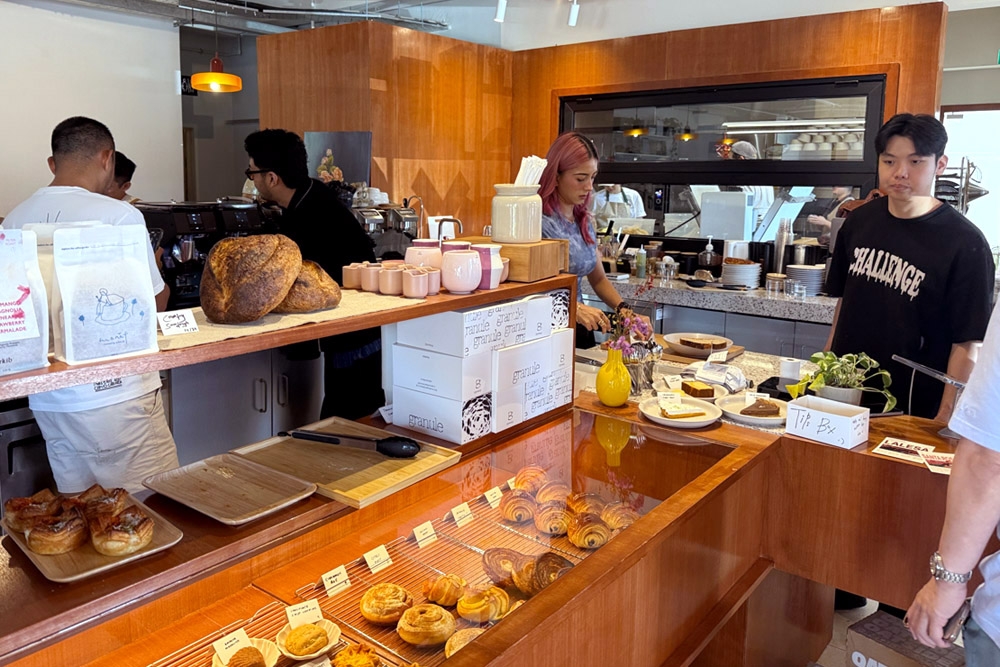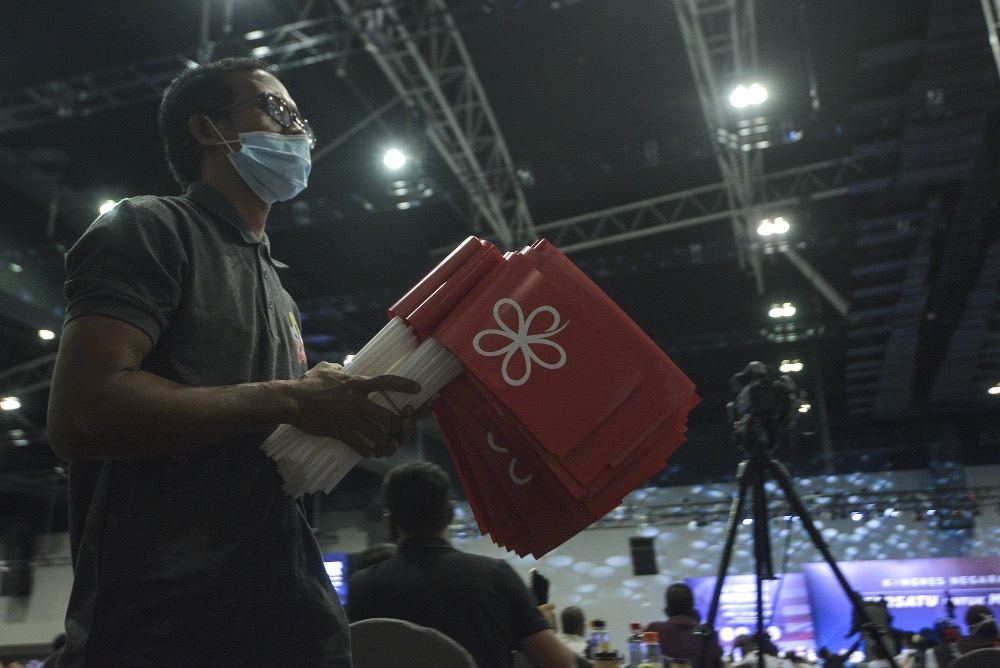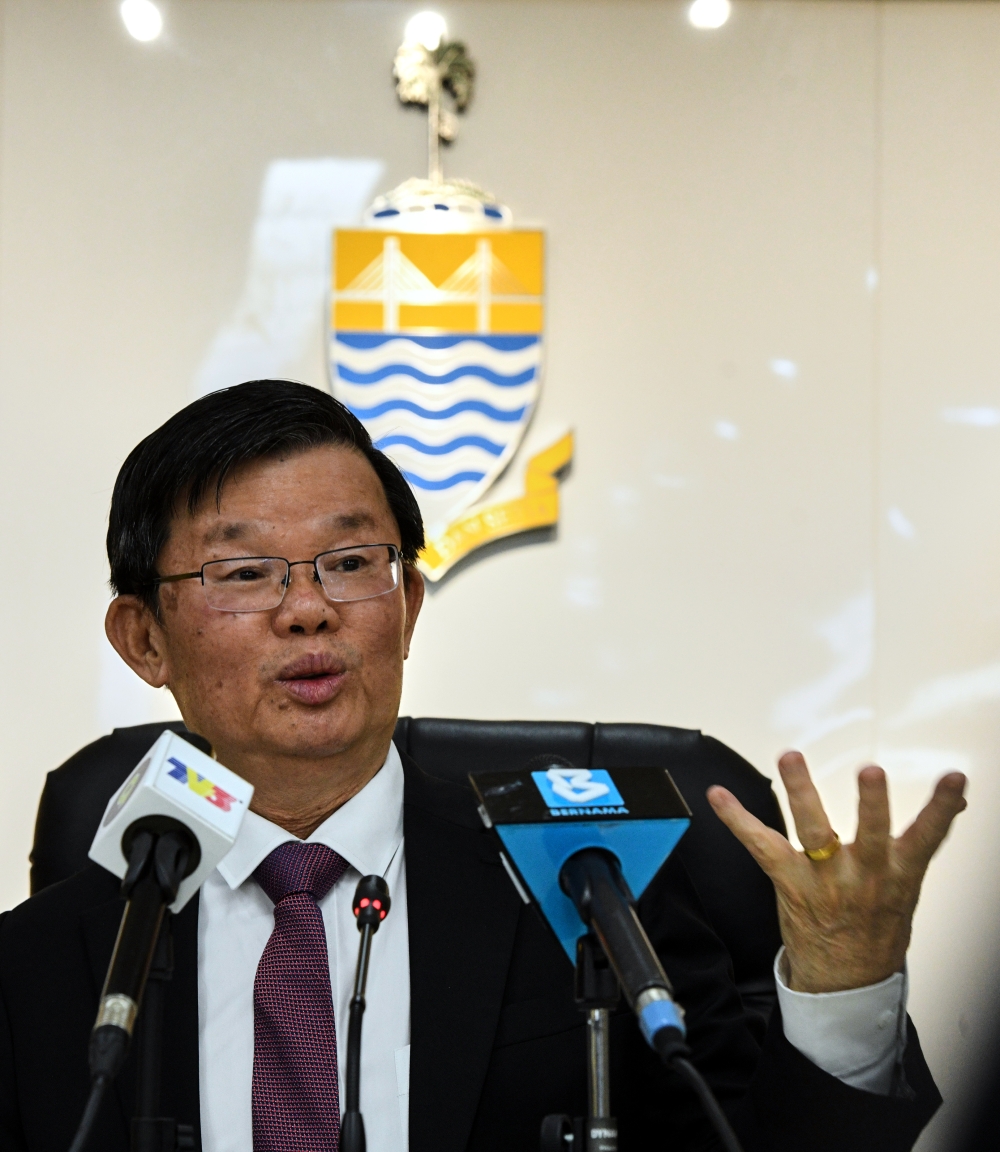APRIL 24 — Twenty-six years ago, PKR set out to be that outlier, to be a party of the masses. So, they advertised.
This year, a generation later, that is still being tested. How many of the masses can be included in actual party decision-making today?
Every three years — when it is party election — it asks itself with a record of disappointment, false dawns.
Status of the current edition? The PKR divisional elections wind down and attention turns to the national party election, voting on May 24.
A repeated cycle to determine whether PKR is elitist rather than of the masses. To decipher whether the label print holds truths.
With so many big names having their political futures on the line, should our interests stay put on them, not on petty matters like the place of members in a political party?
There are other compelling narratives competing for attention in this election. Is Team Rafizi being dismantled division by division, to up the delegate count for those with other ideas? Will PKR implode as it often does in the aftermath of party elections? How effective is blockchain based electronic voting? Should the party consider tiered elections, when simple majorities usher in rank outsiders to wins?
Those are critical issues which I’d revert back to closer to May 24.
The consistent mistake remains. To assess power rather than the nature of power, which overlooks the long-term fortitude of a political party. Members are the bedrock of any movement and just because they are not considered adequately does not render them inconsequential.
They are far from sight and offensively common to many.
But they are the heart of the matter.
Heartwarmingly, the results of the divisional elections so far have been eye-opening.
With the city grow a people
Like the contest in the Tebrau division. Two MPs were outdone by a less distinguished member. Prakash Maniam won with less than 40 per cent of votes cast. The defeated, Segamat MP Yuneswaran Ramaraj, the division chief incumbent, and Tebrau MP Jimmy Puah ostensibly represent differing factions inside the party.
Tebrau is one of the six parliamentary seats of Johor Bahru.
All the press reports had nothing to add to the description of the winner. I dug a bit. The gentleman has served as division vice-president since 2022. A past president of Rotary Club Pasir Gudang and active in societal activities on the ground like schools and TVET, and seems fairly adept at social media.
Yunes dan Puah are also longstanding players in the area.
What tantalised me was that many party members acted independently.
In an older Malaysia, members are drawn to either MPs and brazenly ignore the less decorated.
PKR Tebrau voters chose to choose the more complicated.
This is less about Prakash and more about how mature party members refuse to go with the path of least resistance.
A degree of this is present in many races, mostly in urban demography. Where voters gravitate to their conscience rather than short-term gain.
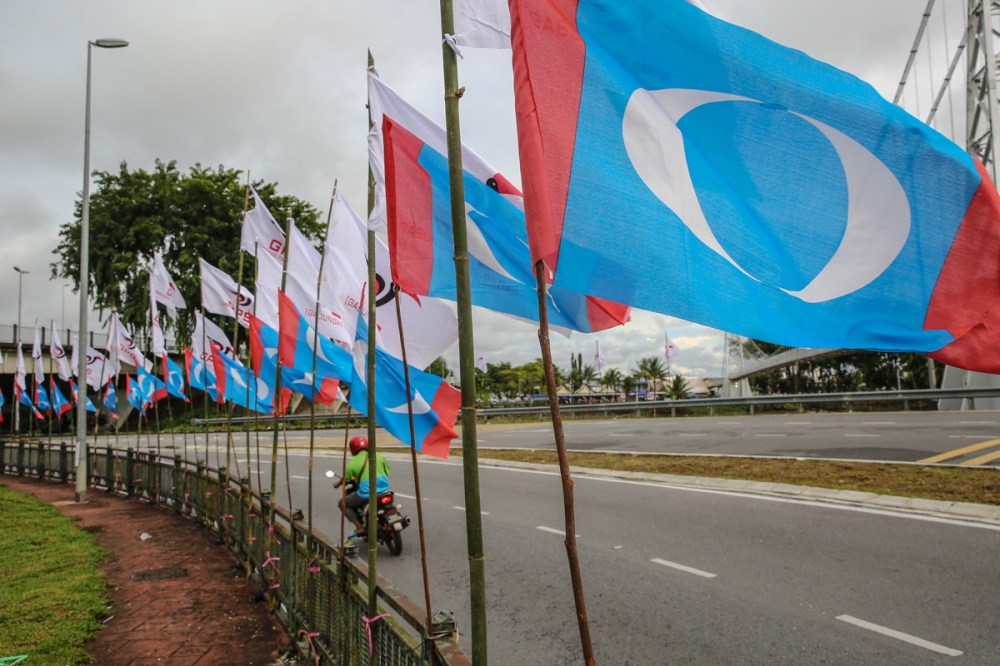
Disorderly members
This must come as a surprise to party leaders. PKR leads the Unity Government, therefore divisional leaders are better positioned to fete their members and in return collect support.
The longstanding tactic is to maximise handouts. Transactional, give something to gather votes.
But the results emerging from the divisional elections indicate members want more than food and the occasional presence of said leaders in their midst. They want engagement.
The lesson from Tebrau and elsewhere is that a substantial number of PKR voters ask for aspirational leadership.
They want leaders they can converse with rather than those they look at from a distance in awe. Their vote is not about how many large-scale season holiday open houses leaders can hold. Victory through catering is on the way out.
Don’t get me wrong. They’d eat the rendang and nasi minyak, but they are not going to automatically support the guy who gives them rendang and nasi minyak because of the food.
But is that a bad thing?
At the start till mid-race
PKR’s intention to be for the masses seemed naïve to the established players in 1999.
To the various parties in power then, not the least Umno, party members are just electoral shields to signify support, to validate leaders’ sense of self-import.
To them, PKR and their actual leader in prison were just spouting ideas alien to Malaysians who are used to leaders who have means. Means are the only things which matter to the people who cannot fill their stomachs with ideas.
Umno thriving and PKR going through the motions for the first decade lent credence to the means argument.
And even cash-strapped party leaders sold the romanticism of ideology since they did not have means. Sold it without substance. Sold it without their own commitment to it.
Even if the ideology-based promise of PKR was only paper thin, that’s a whole paper thicker than every other party out there.
But because the party never internalised its own ideology it perpetually failed its own obligation to the masses.
It almost never consulted its members between party elections, its masses when making big decisions, from national election candidates to national policies.
Think about it. After November 19, 2022, when it was a national stalemate at the general election, PKR did not confer with its members or even divisional delegation whether it was acceptable to form a government with former adversaries.
In fact, none of the parties trying to form or acquiesce to coalition combinations post elections bothered to ask their members how they felt about it. Forgetting power emanates from members.
It just never occurred to them that the members should be consulted on whether their parties should form partnerships with other parties which then members are complicit to after the fact. Party members end up forced to explain leadership decisions to their neighbours and friends.
Just to offer a perspective, the German federal election was held on February 23, 2025 with no winner. But unlike Malaysia, the process to determine coalition partners is prolonged as parties take time to draft coalition agreements in which their party members are consulted. To get buy-in inside your own party before committing to external parties. Their members refuse to be fait accompli to leadership’s decisions as they are in Malaysia.
A new German chancellor is expected to be sworn in on May 6, more than two months after the general election.
Does greater voice for the many turn situations more cumbersome?
Yes, of course. That’s the price of civility.
PKR’s adventures in ideology matters because it is the only Malaysian party on this journey for now.
That’s a low bar but this country is about low bars and democracy is a slow burn. Most certainly the look of party politics at the end of the 19th century in America and Europe would underwhelm.
Leaders, not only in PKR, are served notice. The steady rise to become a cosmopolitan nation would demand more from leaders, to engage rather than talk down to the people from their stages.
PKR specifically is most definitely by its membership make-up a party of the masses but far more leadership is necessary to realise it as a party by the masses.
* This is the personal opinion of the columnist.


